

Japan's Deodorant Market Shows Strong Growth Amid Saturated Western Market
Overview of Japan's Deodorant Market
The Japanese deodorant market is witnessing significant growth despite saturation in Western markets, where about 90% of consumers regularly use deodorants. According to a report titled "Deodorant Trends – Japan – 2025" by Mintel Japan, the market is expecting a compound annual growth rate (CAGR) of 2.7% from 2024 to 2028 due to the rising temperature and increasing beauty consciousness among consumers.
Market Performance
In comparison to the UK, which anticipates a mere 0.5% CAGR during the same period, Japan is thriving, with forecasts suggesting a market growth rate of 1.2% in monetary terms by 2025. Even amidst inflation concerns, around 30% of consumers demonstrate cost-saving behavior regarding the Beauty & Personal Care (BPC) category, yet spending on deodorants remains stable. This indicates that deodorants are a critical personal care item for consumers, underscoring a robust market.
The Shift Towards Aesthetic Concerns
Internationally, deodorants featuring fragrances and skincare benefits are increasingly popular. In Japan, consumers are starting to prioritize not only odor control but also the visual appeal of sweat. According to a survey conducted by Mintel, 42% of women feel it is unattractive to sweat excessively in public, highlighting a growing concern over both odor and appearance. This shift in consumer perception suggests a heightened awareness and desire for effective sweat care products, paving the way for premium deodorants, already successful in other markets, to gain traction in Japan.
Global vs. Domestic Trends
The report delves into the differences in trends between global and domestic markets. While Western consumers utilize deodorants heavily, Japanese usage rates are comparatively lower, with only about 60% of consumers employing them. However, this does not mean that body odor is less of a concern in Japan. Instead, societal norms regarding the use of these products differ significantly, as deodorants are not yet firmly ingrained in Japanese etiquette. Furthermore, unique features of Japanese deodorants emphasize antibacterial properties, targeting the bacteria behind body odor effectively.
Pricing and Consumer Preferences
Interestingly, the premiumization of products has been observed in Western markets, where brands are adding skincare benefits to differentiate their offerings amid fierce competition. Japanese consumers, while also cost-conscious, are increasingly willing to invest in deodorants that promise efficacy and additional benefits like skin health or long-lasting fragrance. Products like KOSE's medicinal deodorant body sheets offer antibacterial benefits, reflecting Japan's focus on thorough odor elimination.
Changing Consumer Attitudes
Japanese consumers are growing more critical of sweat appearance, particularly among women, with many seeking solutions beyond deodorants, such as cooling sprays and fans to manage heat. This trend showcases a broader cultural shift towards maintaining an impeccable image, especially in public settings.
Business Opportunities
The data suggest that Japanese consumers who are most concerned about body odor and sweat are likely to use multiple deodorant formats. Heavy users often consider eco-friendly packaging appealing, indicating a potential market for sustainable products. Additionally, innovations in deodorant technology that offer unique features, such as health benefits, are gaining acceptance among Japanese consumers.
As the global climate crisis drives temperature rises, the demand for effective odor and sweat management solutions is sure to grow. The Japanese deodorant market not only reflects this trend but also presents a ripe opportunity for brands willing to innovate and cater to evolving consumer expectations.
Conclusion
Mintel Japan's findings underline that, while the Western deodorant market is experiencing stagnation, Japan's market is expanding, driven by factors such as climate change, changing beauty norms, and a focus on skin health. Brands looking to tap into this lucrative market must consider both the functional and aesthetic aspects of their products to resonate with today's discerning Japanese consumers.



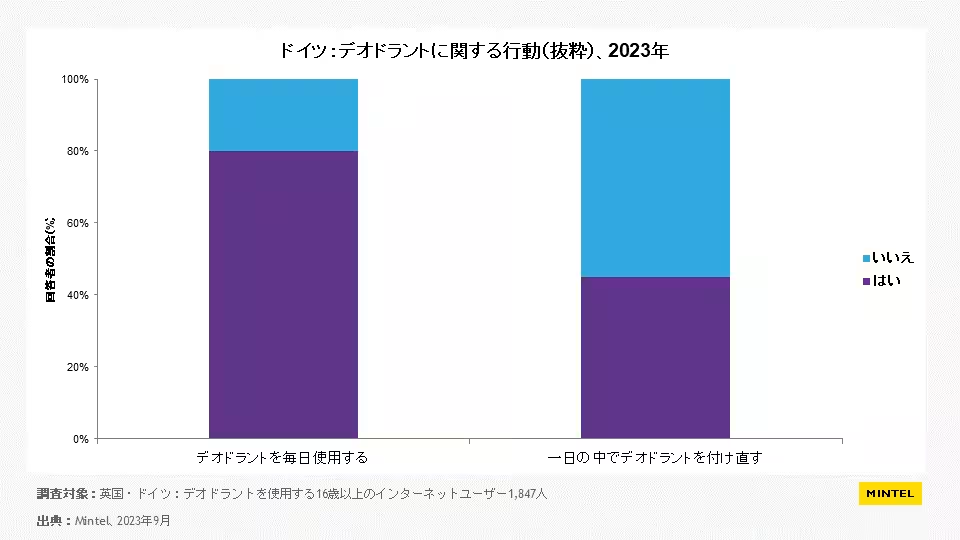
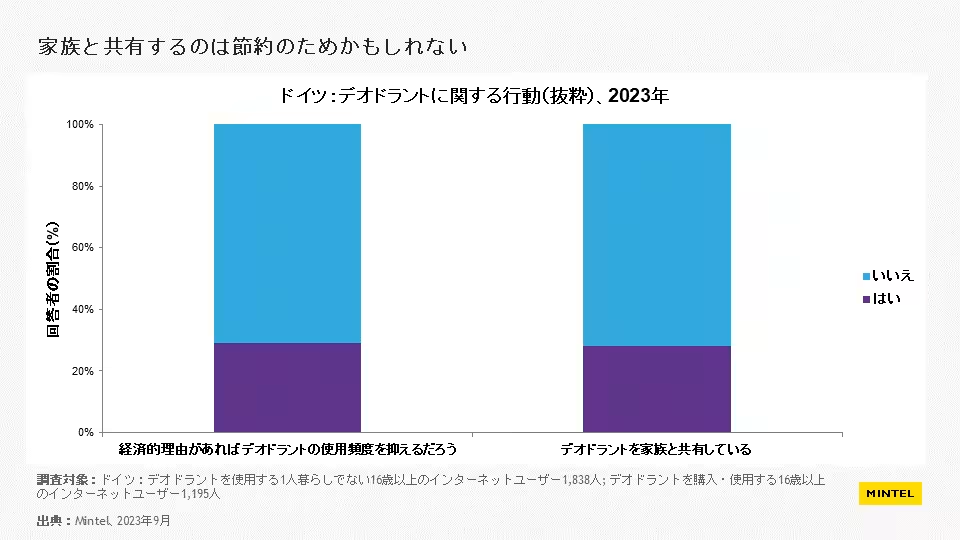
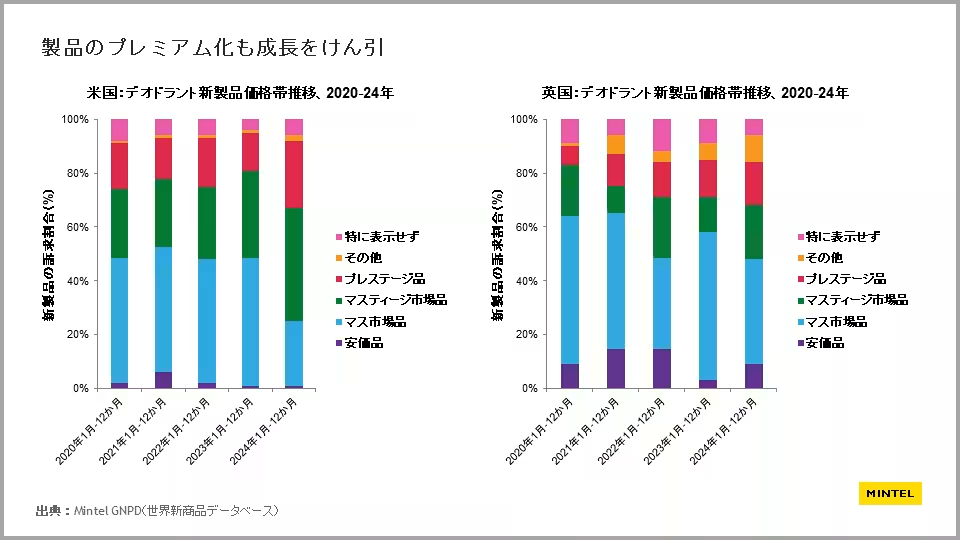
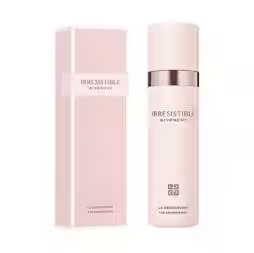
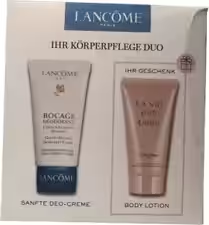
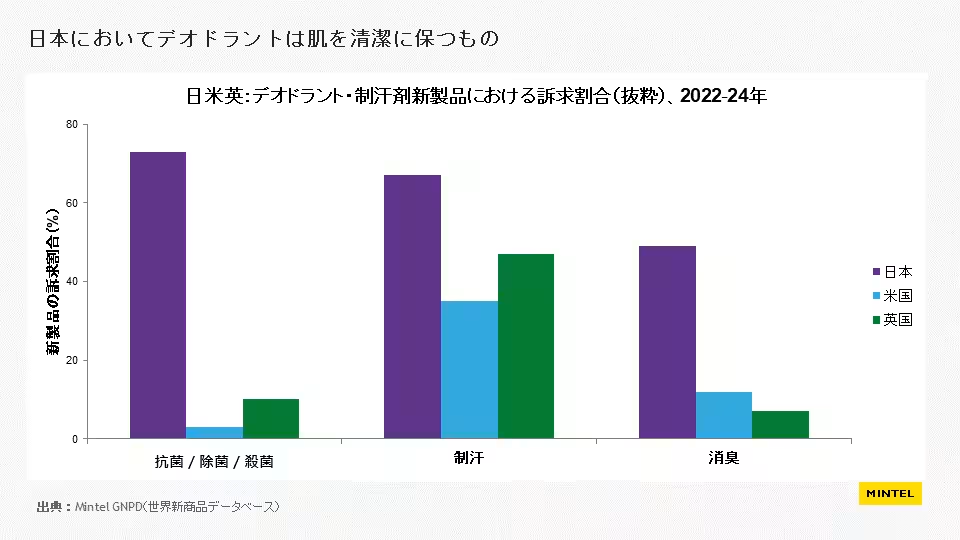
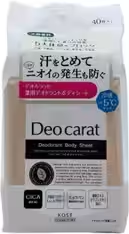
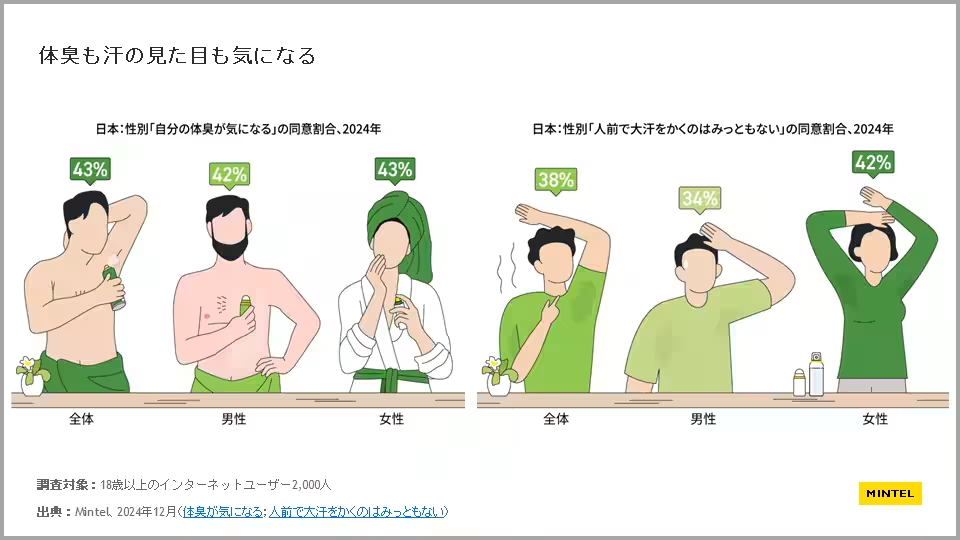
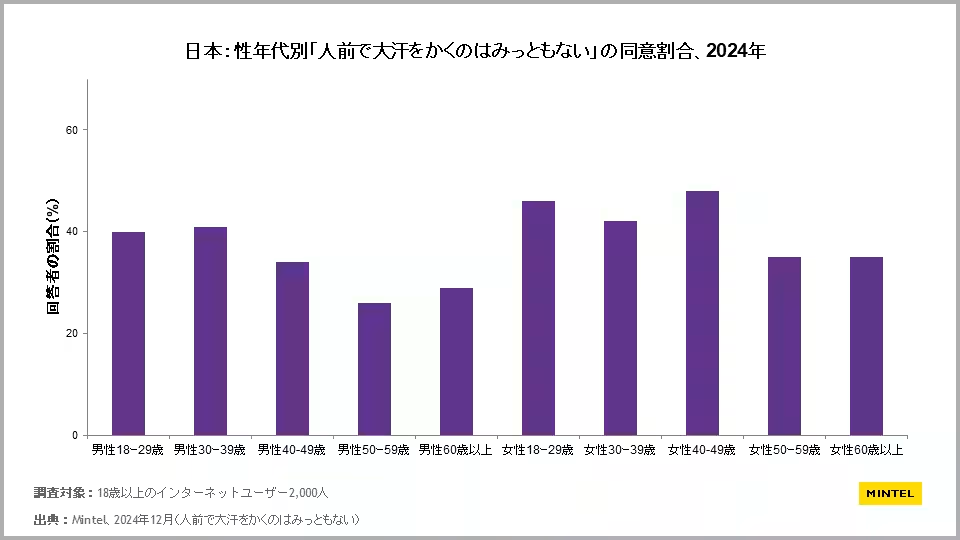
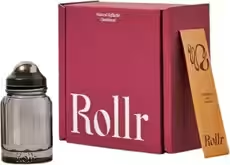
Topics Consumer Products & Retail)










【About Using Articles】
You can freely use the title and article content by linking to the page where the article is posted.
※ Images cannot be used.
【About Links】
Links are free to use.